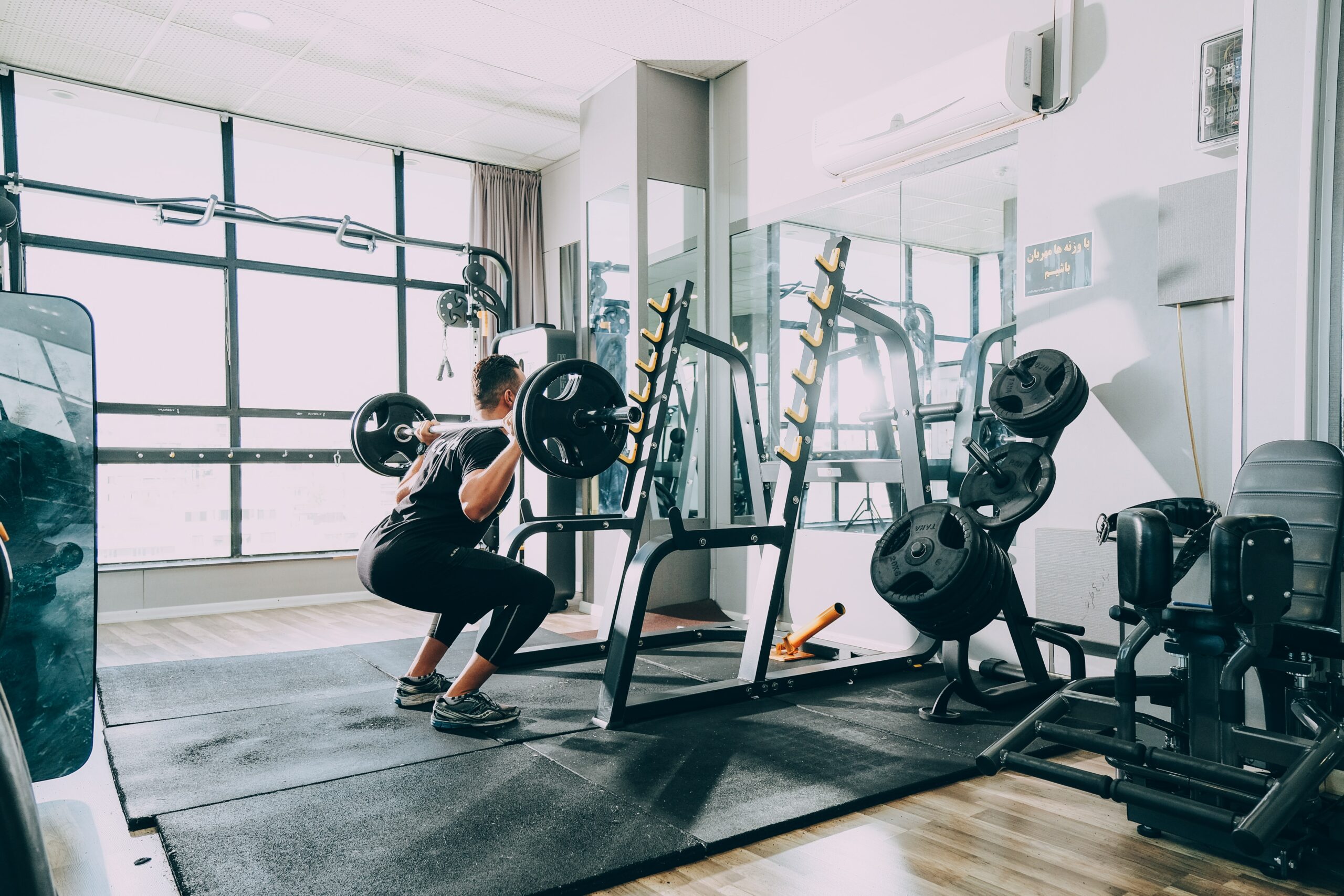Pastore was retained by a billionaire and his company in connection with a dispute over the maintenance and ownership of a fleet of private jets. The new action, filed in Federal Court in Connecticut, involves Wheels Up and Delta Airlines and alleges breach of contract and unfair trade practices concerning N79B aircraft.
Month: March 2024
Key Regulations Concerning NIL Deals
Since the NCAA’s policy change in 2021 allowing college athletes to profit from their Name, Image, and Likeness (NIL), both states and schools have scrambled to adopt regulations to govern these deals. While specific rules can vary widely depending on the jurisdiction and institution, several key regulations have emerged as common themes across the country. These regulations are designed to protect student-athletes, ensure fair play, and maintain the integrity of college sports.
Key Regulations Concerning NIL Deals
- Disclosure Requirements. Many states and schools require student-athletes to disclose NIL deals to their institution. This ensures transparency and allows schools to monitor compliance with NCAA rules and state laws.
- Prohibition of Pay-for-Play. Regulations commonly prohibit NIL agreements that directly pay athletes for their performance on the field or court. The intent is to distinguish NIL compensation from pay-for-play arrangements, maintaining the amateur status of college athletes.
- No School Involvement in Securing Deals. There is a general prohibition on schools being involved in negotiating NIL deals on behalf of their athletes. This aims to prevent conflicts of interest and ensures that NIL deals are made independently of the athlete’s participation in collegiate sports.
- Compliance with School and Conference Policies. Student-athletes must comply with policies set forth by their schools and athletic conferences. These policies often include restrictions on partnering with certain types of businesses (e.g., alcohol, tobacco, gambling) and guidelines on how athletes can use school logos and trademarks.
- Education on NIL and Financial Literacy. Recognizing the complexity of NIL deals and their potential tax implications, some states and schools mandate or encourage education programs on NIL, financial literacy, and contract law for student-athletes.
- Agent Registration and Certification. To protect athletes from exploitation, regulations often require agents and advisors involved in NIL deals to be registered and certified. This helps ensure that those representing student-athletes are qualified and adhere to professional standards.
- Conflict of Interest and Endorsement Limitations. Rules may restrict deals that present a conflict of interest with existing school sponsorships or that are deemed detrimental to the school’s image and values. Athletes are typically barred from endorsing products or services that conflict with NCAA rules or school policies.
Impact and Considerations
The patchwork of state laws and individual school policies creates a complex regulatory environment for NIL deals. While these regulations aim to provide a framework for the ethical and fair conduct of NIL activities, they also present challenges. Compliance can be burdensome for student-athletes and institutions alike, necessitating careful navigation of the legal landscape.
As the NIL space continues to evolve, further adjustments to regulations are expected. Stakeholders, including lawmakers, educational institutions, and advocacy groups, are closely monitoring the impact of NIL deals on college sports to ensure that the regulations serve the best interests of student-athletes, schools, and the broader sports community.
(Paul Fenaroli (former NFL Athlete) is an Associate Attorney at Pastore, a law firm that helps corporate and financial services clients find creative solutions to complex legal challenges. He can be reached at 203.658.8470 or pfenaroli@pastore.net.)
Navigating the New Frontier: The Rise of NIL Collectives in College Sports
The landscape of college athletics has undergone a seismic shift with the introduction of Name, Image, and Likeness (NIL) rights, granting college athletes the unprecedented ability to profit from their personal brands. Amidst this transformation, a new concept has emerged at the forefront of the NIL era: NIL collectives. These entities, often formed by universities, alumni groups, and third-party organizations, are rapidly reshaping the dynamics of college sports, providing a structured platform for athletes to capitalize on their NIL opportunities while ensuring compliance with the complex web of regulations governing these activities.
The Purpose of NIL Collectives
At their core, NIL collectives serve as bridges connecting student-athletes with businesses and brands interested in leveraging the athletes’ NIL for endorsements, sponsorships, and other promotional activities. By facilitating these deals, collectives not only help athletes monetize their fame but also ensure that such agreements adhere to state laws, NCAA rules and school policies.
Beyond deal-making, many collectives are committed to providing athletes with resources and education on financial literacy, personal branding and the legalities of contract negotiation. This holistic approach is crucial, empowering athletes to navigate the NIL landscape wisely and sustainably.
The Impact on College Athletics
NIL collectives are redefining the recruitment game, offering schools an additional allure for prospective talents. The promise of a supportive, compliant, and profitable NIL ecosystem can be a significant draw for recruits, potentially tilting the competitive balance in favor of those institutions with the most robust NIL programs.
However, the rise of collectives also brings challenges and concerns. Issues of equity and access loom large, with fears that the focus on lucrative deals for a few may overshadow the broader athlete community, particularly those in less prominent sports. Moreover, the expanding commercialization raises questions about the future of amateurism in college sports and its traditional values.
Regulatory and Legal Considerations
The regulatory landscape surrounding NIL and collectives is still in flux, with state laws, NCAA policies and potential federal legislation evolving. This fluidity presents both opportunities and pitfalls for collectives, requiring vigilant compliance efforts and adaptive strategies to navigate the legal complexities.
Legal professionals play a pivotal role in this environment, offering guidance to collectives, universities, and athletes alike. From structuring collectives in compliance with regulations to negotiating contracts and safeguarding athletes’ rights, attorneys are indispensable navigators in the NIL era.
Looking Ahead
As we venture further into the NIL era, the significance of NIL collectives in college athletics will undoubtedly continue to grow. These entities have the potential to not only transform how athletes engage with the market but also to influence the very fabric of college sports. The challenges are significant, from ensuring equitable opportunities to maintaining the spirit of amateurism, but so too are the opportunities for empowerment, education, and entrepreneurship among student-athletes.
The future of NIL collectives, like the landscape of NIL itself, is poised on the edge of vast potential and profound change. Stakeholders across the spectrum of college sports—legal advisors, educational institutions, athletes and businesses—must collaborate to navigate this new frontier responsibly and innovatively. Together, they can ensure that the NIL era heralds a period of growth, opportunity and fairness for all involved in college athletics.
As we chart this unexplored territory, one thing is clear: NIL collectives are more than just a passing trend. They represent a pivotal development in the business of sports, reflecting a broader shift towards recognizing and compensating the value that student-athletes bring to their institutions and beyond.
(Paul Fenaroli (former NFL Athlete) is an Associate Attorney at Pastore, a law firm that helps corporate and financial services clients find creative solutions to complex legal challenges. He can be reached at 203.658.8470 or pfenaroli@pastore.net.)



